In case of nuclear emergency: take a pill
November 20, 2014, 4 Comments
My nuclear pills arrived in the post today, courtesy of the government. If that sounds rather odd to you, then you clearly don’t live in near a nuclear power station in Switzerland. To help protect the population in the event of a Fukushima-style meltdown, the Swiss government sends out packets of pills to everyone living within a 50km radius of one of Switzerland’s active nuclear plants. But is it worth the effort?
Sending out five million packets of pills is a classic case of the Swiss trying to prepare for every eventuality and having the money to do exactly that. These 12 pills contain huge doses of potassium iodide, which when taken early enough can protect the body from thyroid cancer caused by inhaling radioactive iodine.
The trouble is that a nuclear accident won’t just release radioactive iodine into the atmosphere but also Cesium 137 and Strontium 90, which affect the bones and muscles. And, as the doctor in the video below says, against those elements, ‘the drug offers no protection whatsoever’.
Great. So we take a pill to prevent one form of cancer but die from the other two.
Then there’s the time issue. The tablets apparently need to be taken several hours before contact with the radiation, but it’s likely that there will only be one hour’s notice of a radioactive cloud over Bern or Zurich (depending on wind direction). I am not supposed to take the pills everywhere with me, but what if I’m out for the day or at the cinema when the world ends? I won’t have a pill in my pocket to save me because it’s at home in the medicine cabinet.
What about tourists? I’m guessing that hotels will not have stocks of pills behind reception, so visitors to Switzerland will just have to hold their breath and hope the radioactive cloud blows over. Much like residents across the German border, who live close enough to be affected but don’t get any pills as they’re not in Switzerland.
But if the worst does happen, at least I now know how to get the pills out of the packet, thanks to the handy instructions. Obviously they think people will be panicking so much that they can’t remember how to push a pill out through the foil.
In Bern we get the pills every ten years, so I am now on my second batch. So far so good. In response to Fukushima, the Swiss government widened the catchment area from 20km to 50km, meaning that 5 million people will receive the pills this month. At a cost of 1.5 francs per person, that’s quite a lot of money for something doesn’t actually protect you against something that might never happen.
And don’t forget everyone in Switzerland has access to a nuclear shelter, either in their cellar or in a public building nearby. That was made obligatory during the Cold War. Now the threat isn’t exploding Soviet bombs but imploding Swiss power plants. Maybe.
It really is a case of Switzerland having too much money and too much time on its hands.




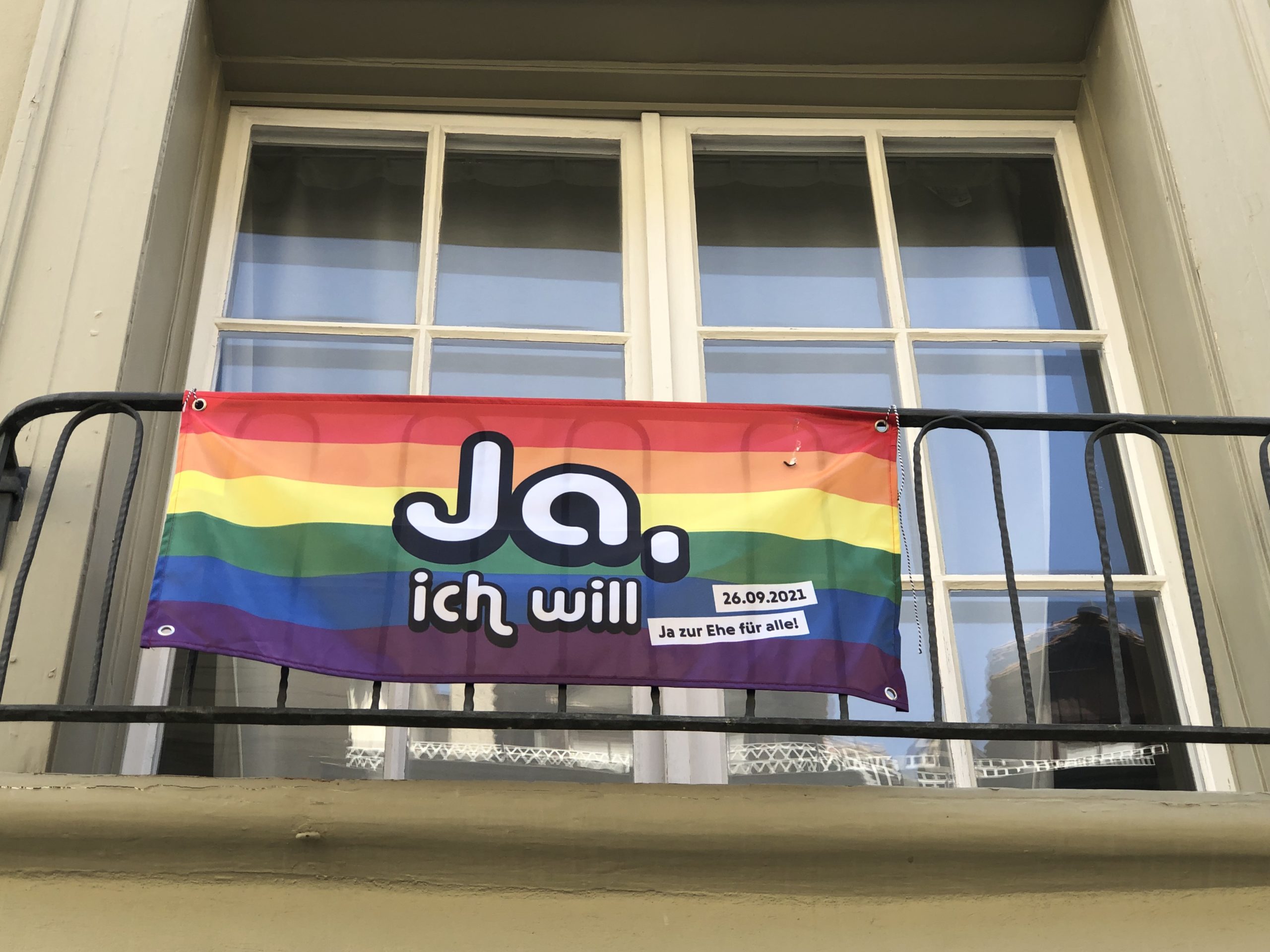
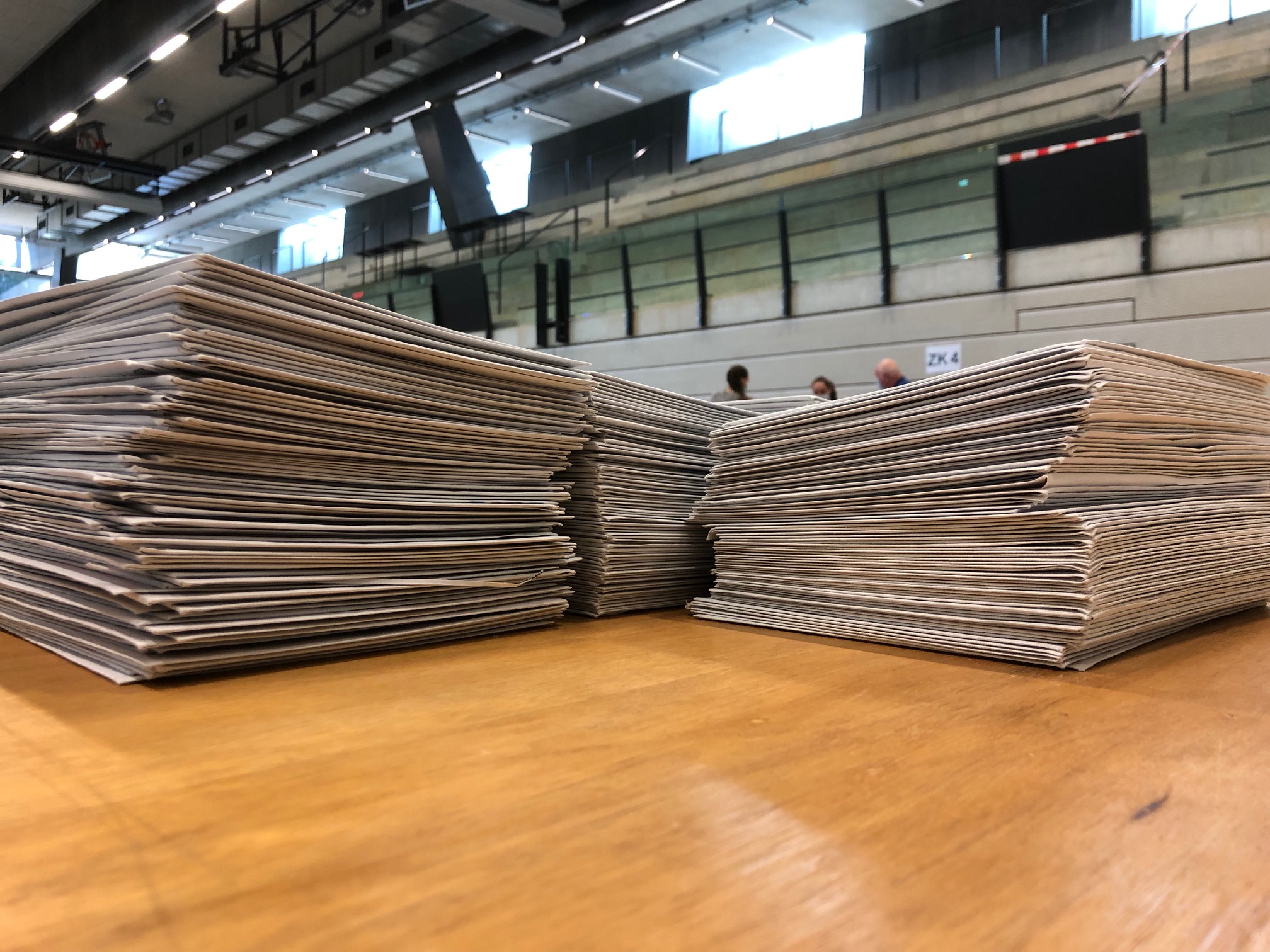
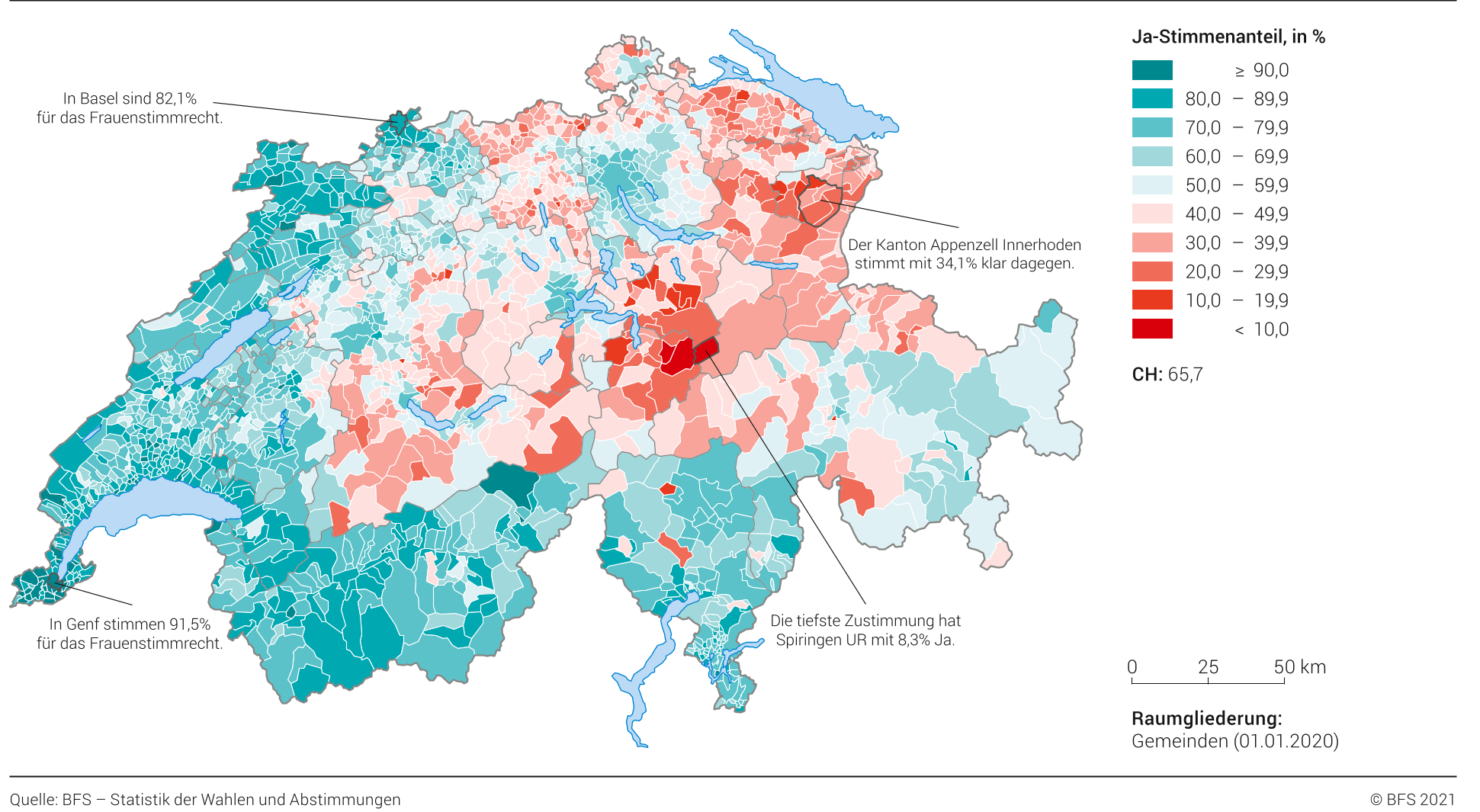
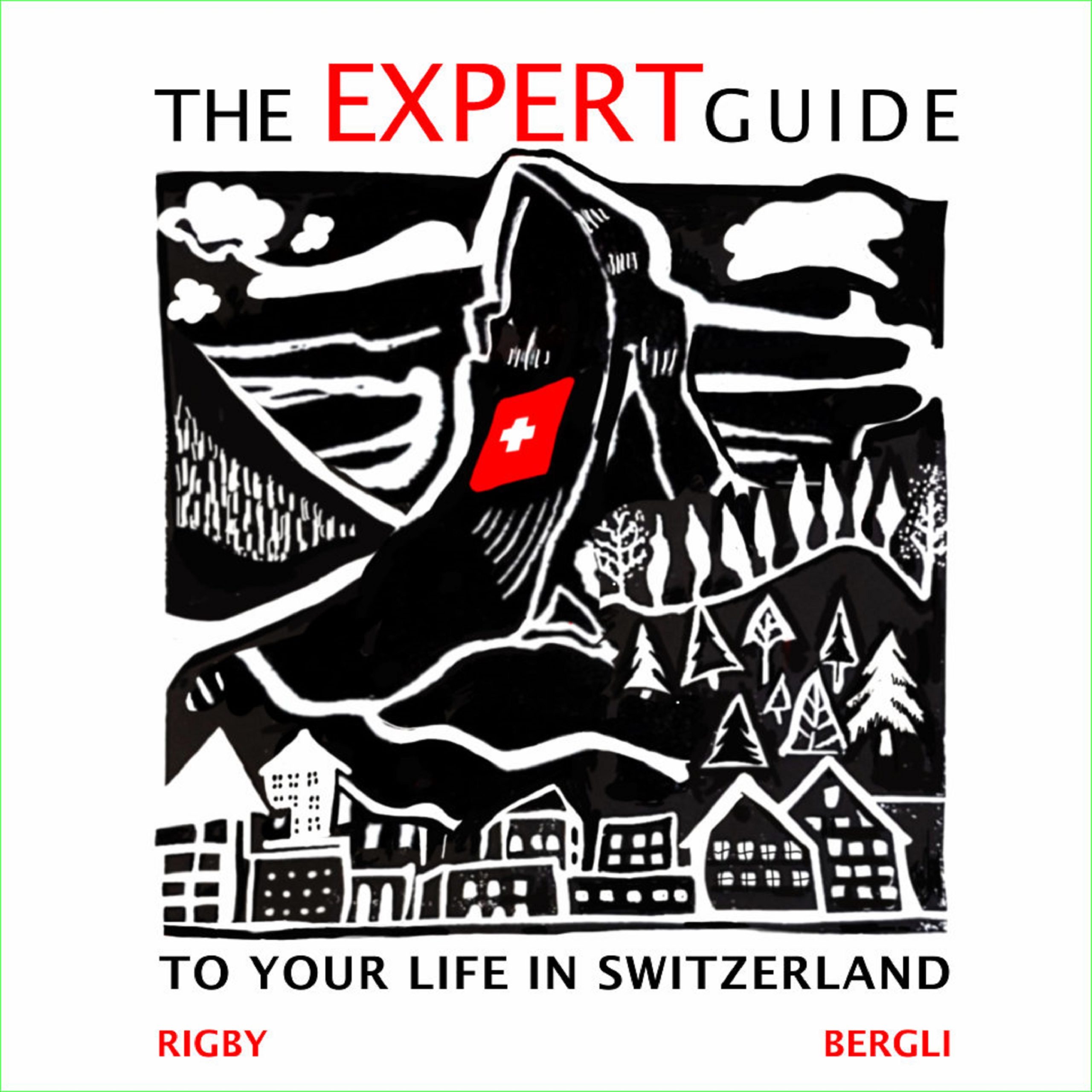
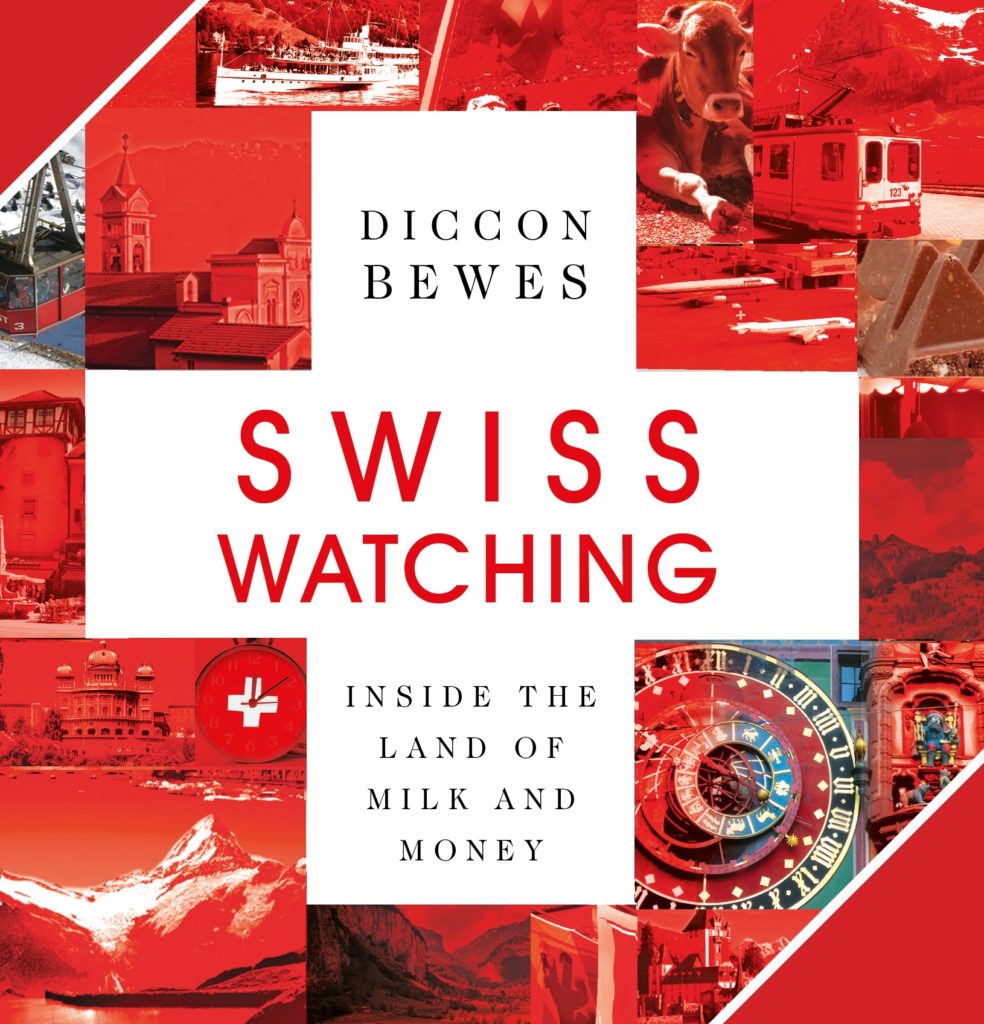

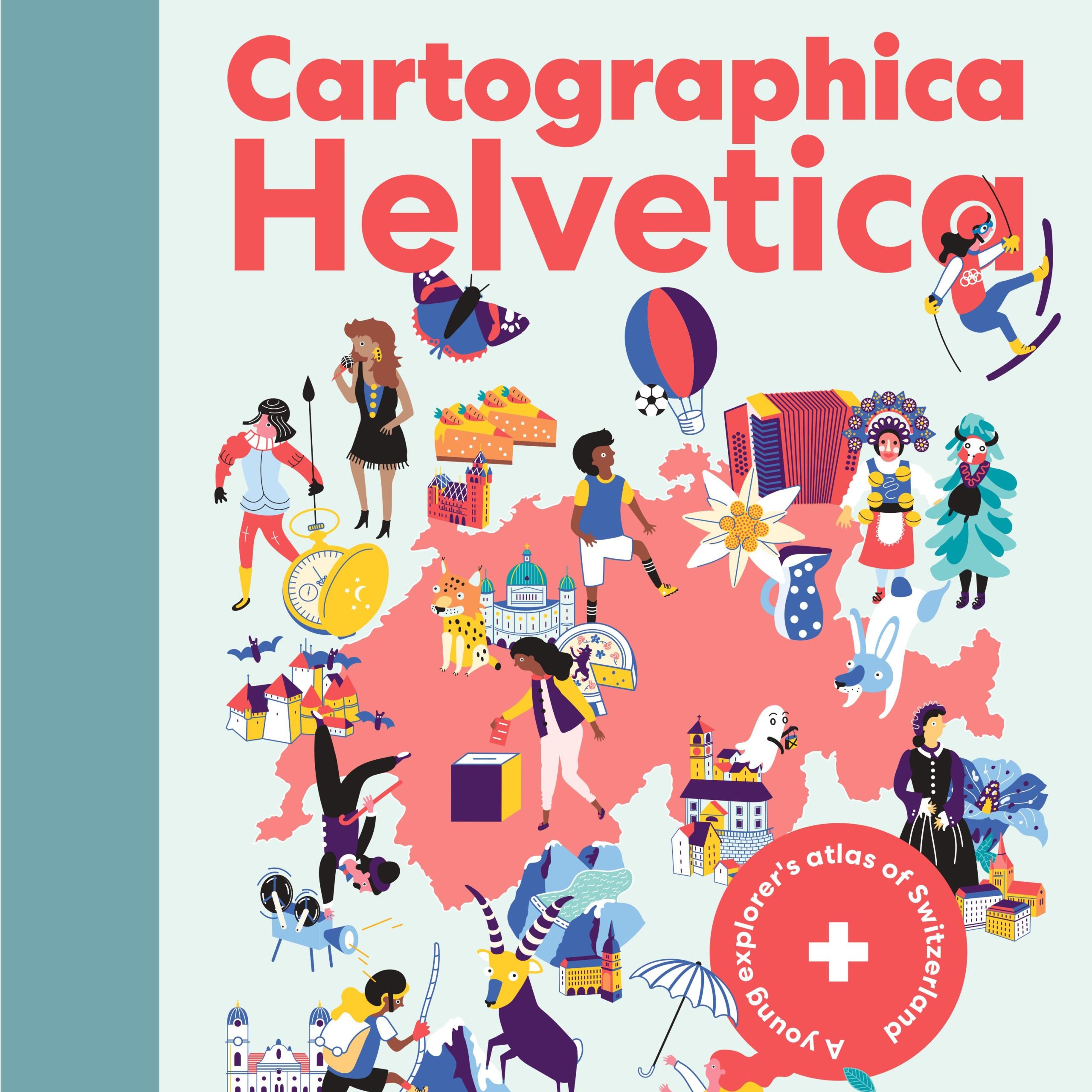


 Follow on Facebook
Follow on Facebook Follow on Twitter
Follow on Twitter Subscribe by RSS
Subscribe by RSS Contact me directly
Contact me directly Global Solutions Inc.
Global Solutions Inc.
4 Comments on "In case of nuclear emergency: take a pill"
You’re making the mistake here of thinking that it’s being treated as some kind of magic pill to reduce the post-contamination cancer rate to zero. You’re also making the assumption that not getting one form of cancer automatically means you’ll get one of the other two if you get contaminated by other isotopes, which isn’t the case – just look at smokers, who despite the fact that they ingest huge amounts of carcinogens don’t all die of cancer (most die of other unpleasant smoking-related diseases, sure, but not all of cancer).
From a public health point of view it’s all about percentages. After a major nuclear incident the healthcare infrastructure’s going to be under a ridiculously high load for a long time, and in the long term treating cancers is expensive, consumes lots of resources, and isn’t really known for consistently good outcomes. So even if only 30% of the population take KI in time to prevent takeup of I-131 in the thyroid, that could potentially prevent hundreds of future cancer cases which would cost a lot more than 5 million francs between them to treat, or save hundreds of lives which are worth a huge sight more than Fr5m. Everyone doesn’t have to take them for there to be a major effect on the outcome of the incident as a whole.
So it’s actually not about “the Swiss having money and spending it”, it’s about another extremely Swiss thing – long term planning and thinking through eventualities.
Sure, part of it is about public reassurance post-Fukushima, but the science behind it seems reasonable to me.
We received our pills last week. In my case it will be: “O my God! Where did I dump these stupid pills?!” It’s the sort of thing you put in a place you consider appropriate at the time. But when you need them, you’ve forgotten where tthat was.
Oh, now I see the use of the pills: to fill you up with neuter iodide before the dangerous spread iodide tries to fill you up. It’s the first time I hear on this prevention measure. The existence of Mühleberg came to me during a bike trip, some decades ago. Was not sure if it was what I thought it could be.
How save is iodide today?
Tangle should be very healty, but I always blenched because of the filthy sees.
Trackbacks for this post